Knowledge Markets: The courage of naivety
The secret recipe of established EdTech players? The right balance of reflection and naivety so as not to be intimidated by entrepreneurial challenges. We looked at how this works with the founder and CEO of Knowledge Markets (KM) Bernd Simon.
With KM, the entrepreneur has done his homework with extra star stickers. Founded in 2005 as a spin-off of WU with co-founder Gustaf Neumann, it is now one of the most established Austrian companies in the industry. KM creates customised e-learning solutions for the two major business areas of schools and companies. In the process, 20 employees take care of well-known customers such as Mercedes-Benz, the Walter Group, Wiener Linien or the Federal Ministry of Education, Science and Research. Both schools and companies have their very own challenges in order to be successful with e-learning. But more about that later.
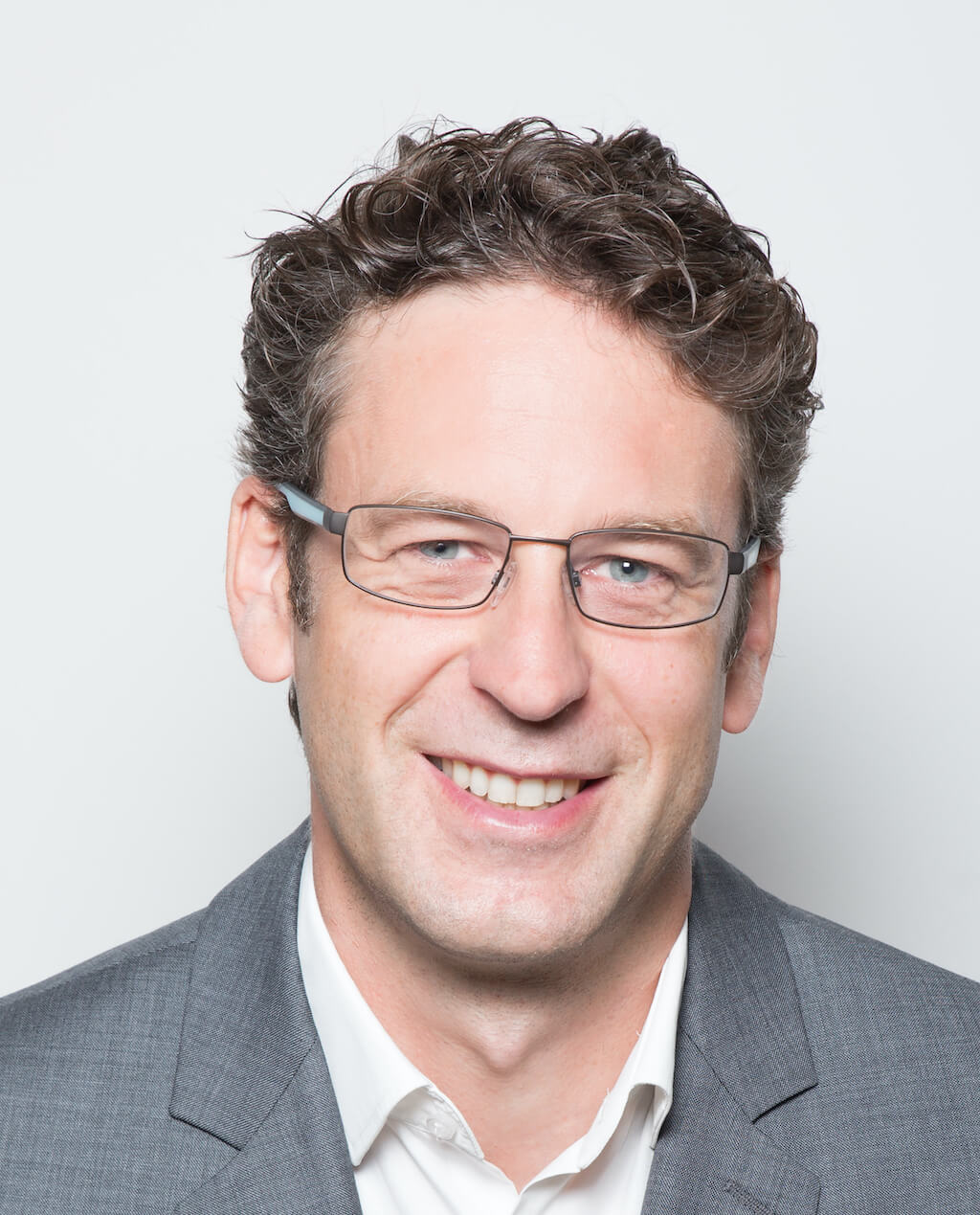
Through the naive founder’s glasses
Bernd Simon – a pioneer of the Austrian EdTech landscape. (Photo: Bernd Simon)
EU-funded research projects by Bernd Simon and Gustaf Neumann were to become a company, that was clear. At the time, the buzzword was “technology-enhanced learning”. He was not yet aware of the entrepreneurial challenges Bernd would face. After 16 years, however, he now sees – as one of the pioneers of the digital education industry in Austria – in his initial lack of awareness the courage to have founded the company in the first place. Rather, he regrets that “even more would have been possible” if he had had free time for reflection. “The colleagues who are founding now have the advantage that they are supported by initiatives like EdTech Austria.
Target groups change, that’s okay
Incidentally, the young entrepreneur had to face the first big test quite quickly: It became clear that the main target group of universities and colleges was not enough to get the company off the ground. KM reacted flexibly and shifted the focus to the school sector without further ado. And this was very successful – until the first economic crisis. This showed that there was too much dependence on the state for the young company. “That’s why we started to build up a second pillar in the corporate world.” These two markets still form the main business of Knowledge Markets today.
Two markets in need of impact-oriented learning architectures
It is precisely this mixture of persistence and efficiency, reflecting and adapting to new circumstances, that makes KM so successful in this dynamic field. The daily business is divided into consulting and development – corporate clients use more consulting and school clients almost exclusively software. In general, however, the following applies to both areas: “The key to good e-learning is a good learning architecture – in both the technical and the didactic sense.
Such learning architectures – like buildings – are made up of several building blocks. On the one hand, the foundation, the software (on which digital learning management systems are based) and the pillars, such as the learning content. This includes, among other things, explanatory videos, quizzes or learning modules on different topics of the customers, which KM produces itself if required.
This e-learning content is created as part of the initial analysis, whereby the status quo and the needs of the learning environment of the employees are ascertained. This is because learning software is only effective if the working conditions of the future learners are taken into account, for example whether and what access there is to mobile devices or computers at the workplace. If necessary, new digital tools are developed. KM also takes care of project management and internal quality assurance. “These customised solutions set us apart from the competition,” says Bernd.
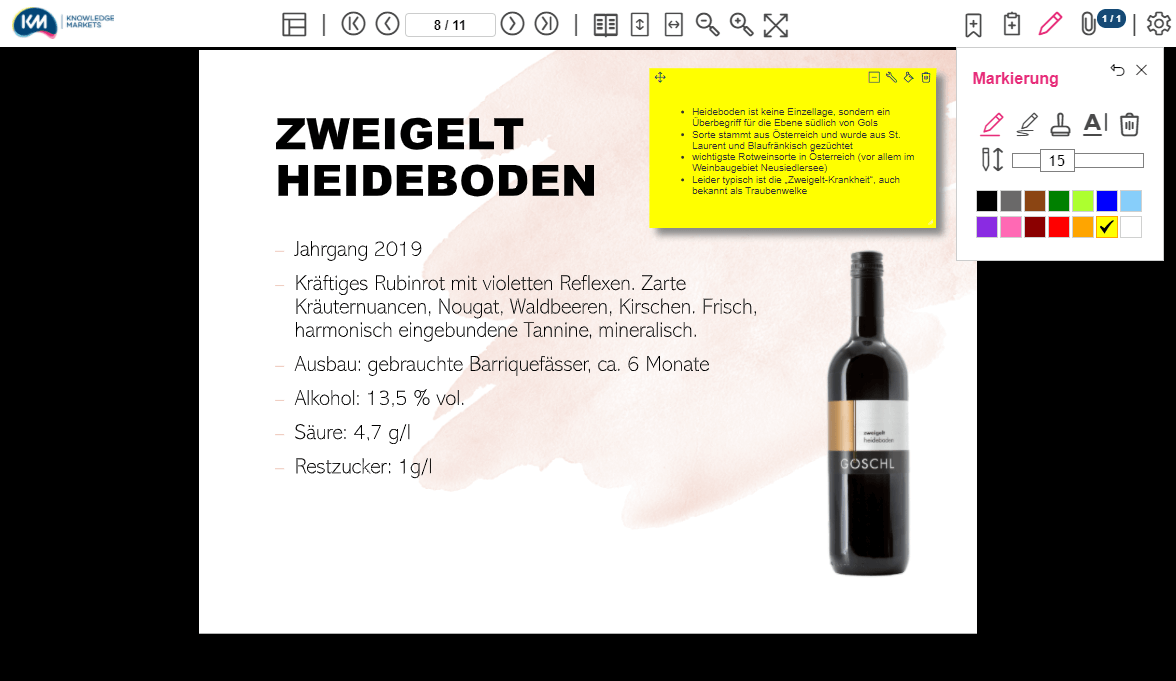
Getting to the schools – with innovative developments
KM has also found a successful approach to schools: “We opened up in this area by winning a tender through the school boards and have created a highly scalable infrastructure that better connects schools and their stakeholders.” So now ten years ago, KM created the next learning architecture with LMS.at: The digital learning management system was designed as “a learning collaboration environment for schools”. Teachers can use it to set homework, document achievements and share learning content with each other. There is even room for communication between parents, teachers and students in this lively place. There is even a digital conference room. At best, the entire school organisation simply runs there. This was very well received: “LMS.at has become the most used e-learning service in the Austrian school sector.
The metamorphosis of the textbook
Another tender five years ago brought the award of the next big contract in the school sector: the digitisation of the textbook. Here, Austrian textbook publishers were provided with technology that triggered its metamorphosis. With this, the last excuses of forgotten learning materials are a thing of the past. Since then, in fact, all 1,900 works from secondary level 1 are available as e-books on the digi4school.at platform. “If you count out the primary school pupils, with 670,000 accounts almost all pupils in Austria have access to location-independent knowledge”.
Three years ago, an extensive expansion was added: The E-Book+, with multimedia content. KM has succeeded in creating a digital learning environment that can also be integrated into LMS.at. The main beneficiaries are learners, who receive great added value in self-organisation during learning through supplements such as explanatory videos, interactive exercises for further information or downloads. This innovative solution suddenly created a bridge between the two business fields: The software is now also of interest to corporate customers, who can use it to create their own e-learning content quickly and cost-effectively.
Nevertheless, KM does not want to rest on its laurels of the last few years. The dynamics of the sector are great, as is the “start-up spirit”. Even Bernd, as an “old hand”, gets goose bumps every now and then and is driven to continue being innovative.
We asked Bernd Simon:
KM was a pioneer in Austria in the field of digitalisation – Did you foresee trends like social media?
No, not really. So much has changed in the last few years. In the beginning, we still sent letters with personal signatures, then newsletters slowly came. At the moment, LinkedIn is a great medium, especially for B2B. I see immediate effects here – when I post something, I sometimes get reactions in seconds. You can also feel changes in marketing, people are increasingly focusing on stories. I am happy about these developments and find the growing dynamics exciting to observe!
Is it the same in the EdTech scene? Or how do you see the development of the digital education sector in Austria?
There is a lot of dynamism in the sector, absolutely. In my opinion, not so much because of the Covid pandemic. Simply because the topic has been gaining importance worldwide for several years. Ten years ago there were just a handful of providers, it was quite manageable. Now there are many, especially content-based apps. For example, Schoolfox, which is selling its messaging app so successfully in the DACH region (Germany, Austria, Switzerland) that it is now also successful in kindergartens and daycare centres. Or the enormous success story of GoStudent. Something like that also spurs me on and I think that should be an incentive for everyone to work consistently on the further development of their company.
You emphasised that you don’t want to rest on your past successes. What still lies ahead for the future?
Absolutely, we still have a lot to do. What is exciting in the school sector is that we are continuing to work on a new learning architecture with strong partners. A nice milestone here was the e-book+ format with the possibility of integrating multimedia content. The next big piece of the puzzle will come in autumn: teachers will be able to give assignments from the books. Austria is certainly among the European leaders in digitalisation at schools, but that is definitely not yet a matter of course.
More articles
The following articles might also interest you.
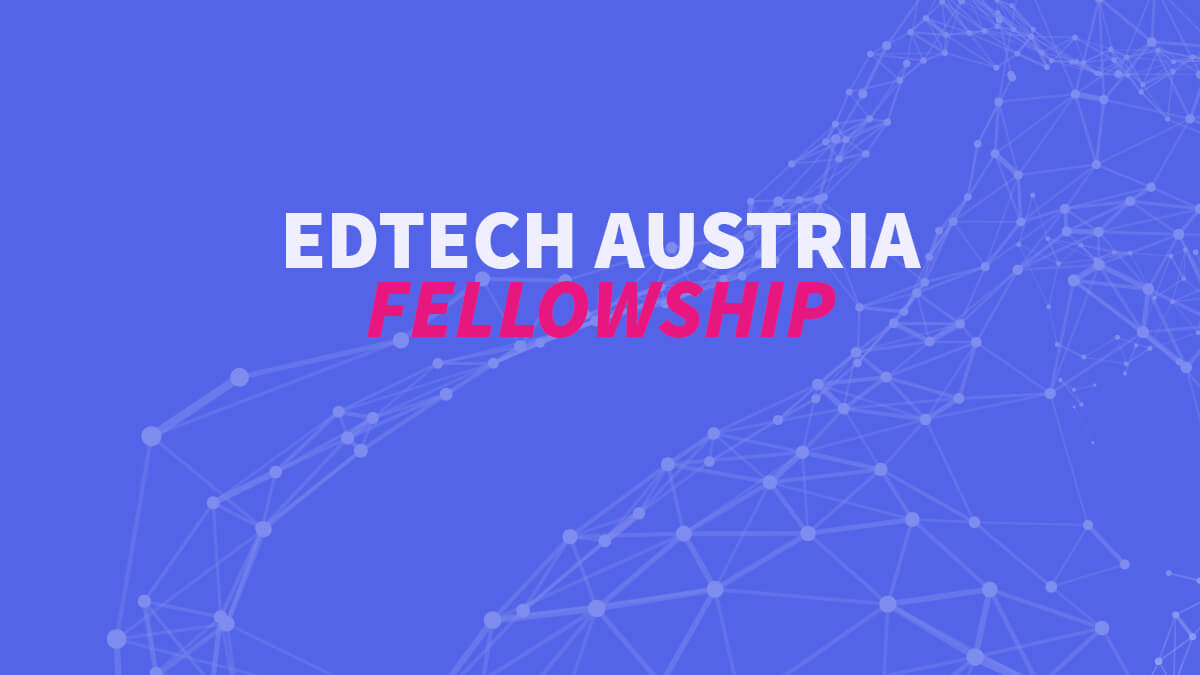
EdTech Austria Fellowship
24. October 2024

Lifelong Learning in Transition: Opportunities and Challenges of AI
17. January 2025
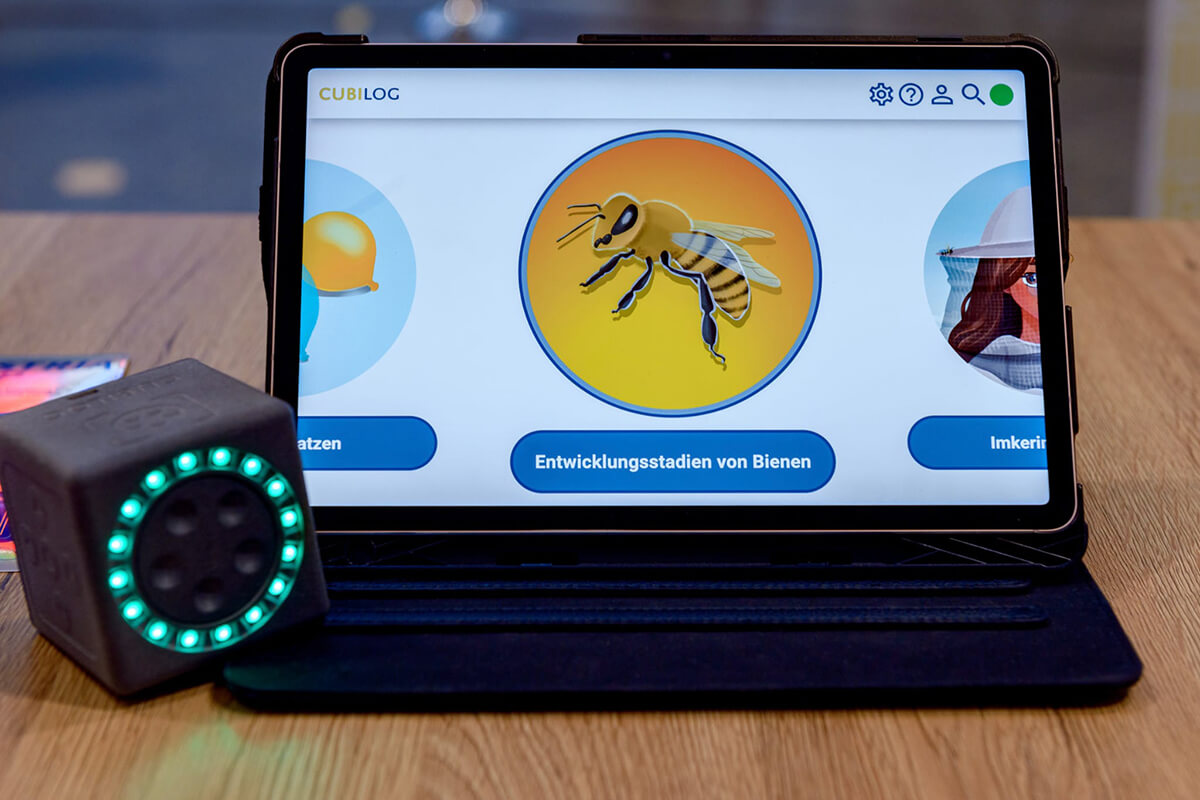
Motor and digital: Cubilog reimagines language development
16. December 2024
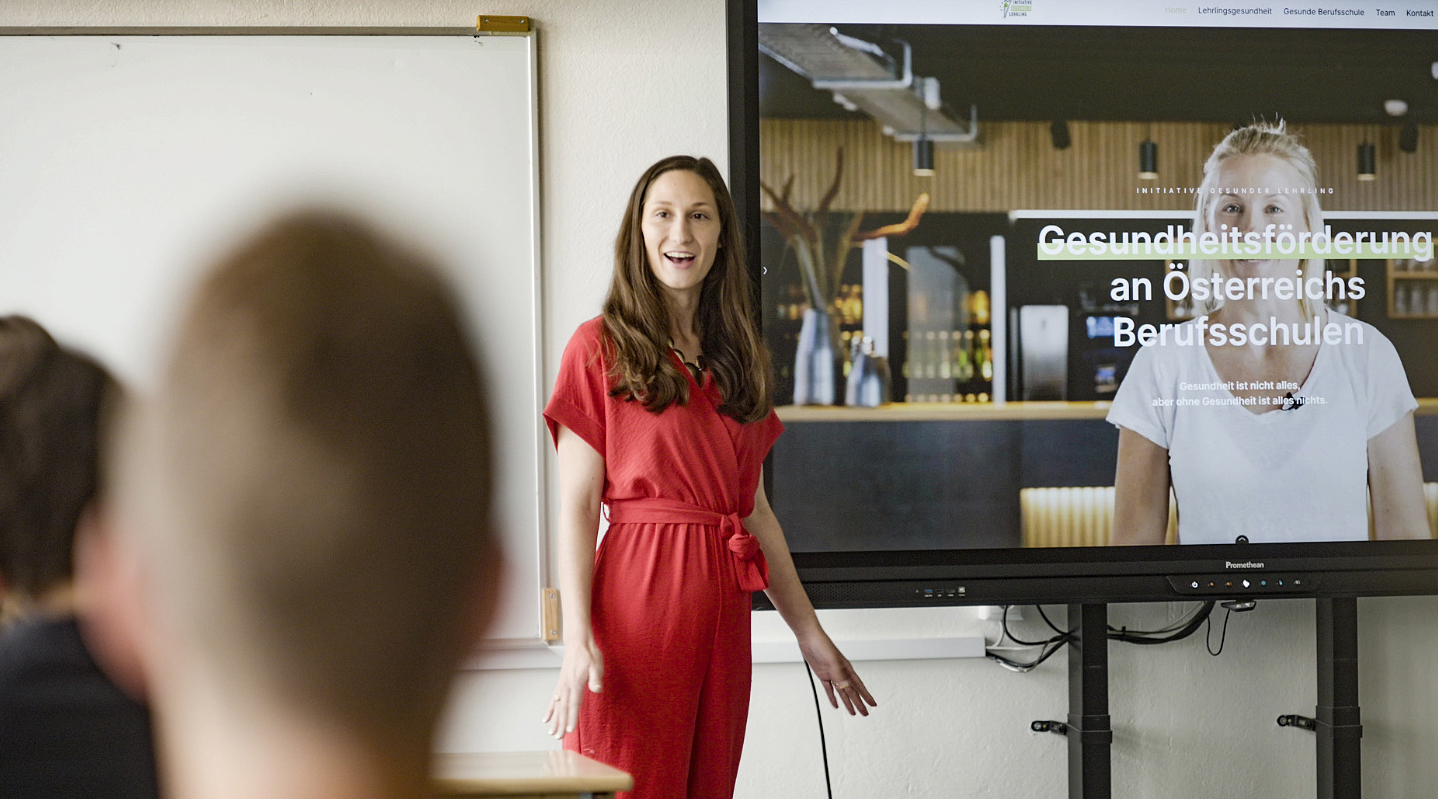
“Healthy Apprentice”: Health Literacy for Vocational Schools
28. November 2024
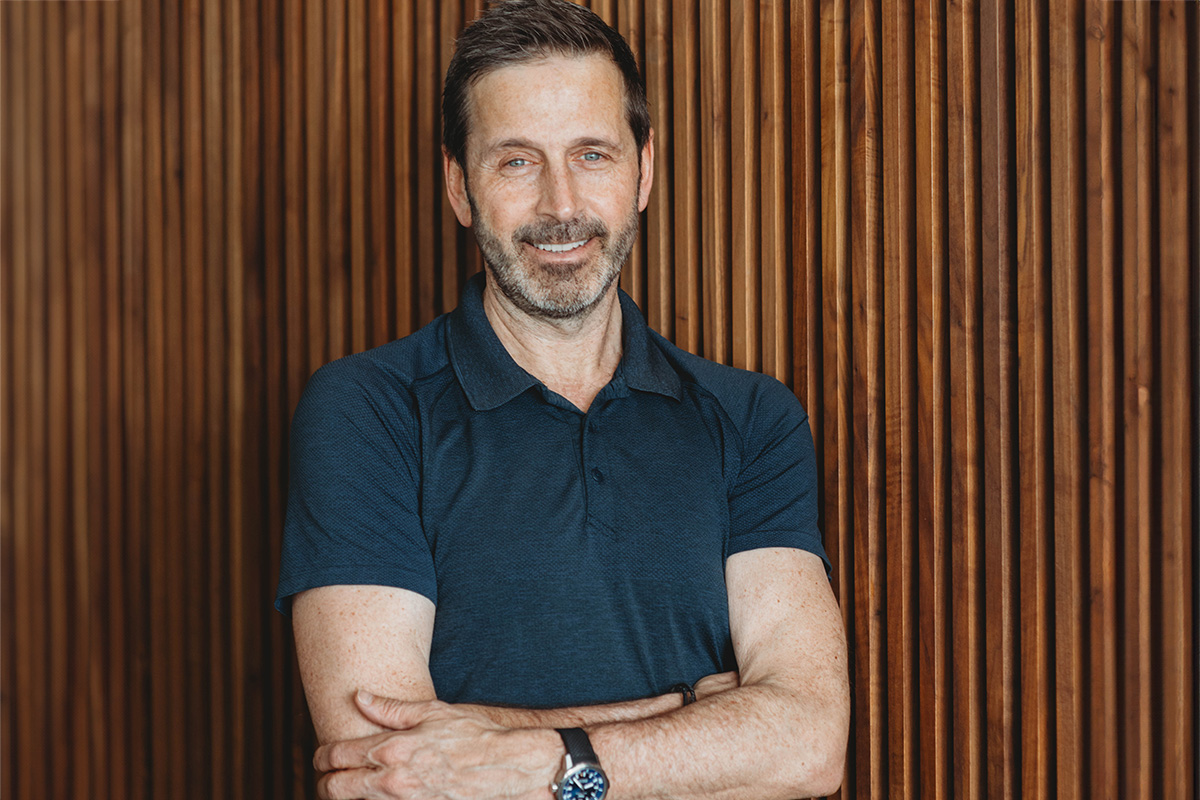
Good Days, Bad Days: “Upstrive” Captures Mental Health
15. November 2024
